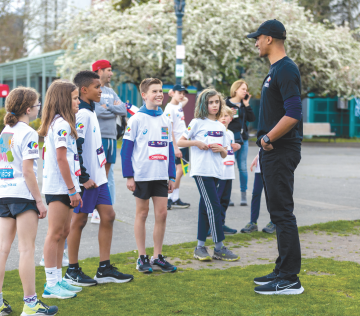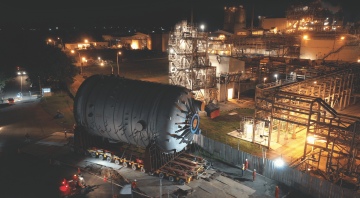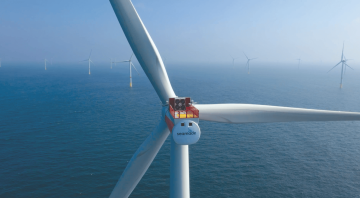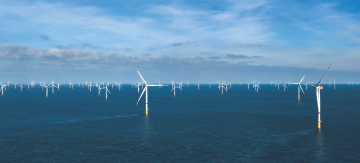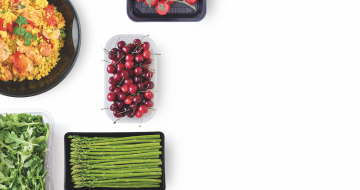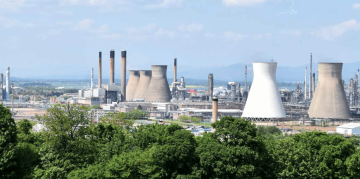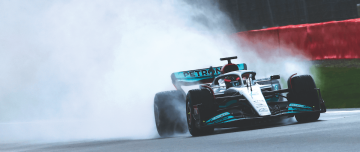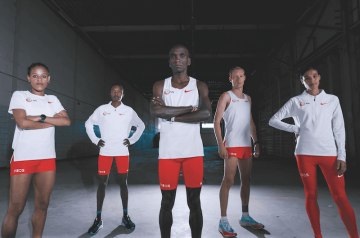Polypropylene
Currently, all single-use, high-quality, polypropylene food packaging is currently made from ‘virgin’, fossil-based plastics.
700,000
In the UK alone, more than 700,000 tonnes of polypropylene is used every year.
‘INEOS’ commitment to closing the loop on such a prolific polymer as food-grade PP would help to create a more circular economy, reduce CO2 emissions and create new materials for brand owners.’ - Professor Edward Kosior, Founder and CEO of Nextek Ltd and NEXTLOOPP
PLASTIC packaging keeps food fresher, for longer. Without it, many of the products on supermarket shelves would not survive the journey to the store. But there’s also a problem with it because most of it currently ends up in landfill, is incinerated or recycled into poorer products.
Graham MacLennan, Polymer Business Manager at INEOS O&P UK, said that meant all single-use, high-quality, polypropylene food packaging was currently made from ‘virgin’, fossil-based plastics.
“This problem isn’t unique to the UK,” he said. “It’s a large, global issue. But polypropylene needs to join the league of recycled plastics.”
In the UK alone, more than 700,000 tonnes of polypropylene is used every year.
Fast-moving consumer goods are quite literally wrapped in it, be it a pot, tub or tray.
“It is one of the most versatile plastics in the world, but it is also missing from our recycling streams in food contact applications,” said Graham. To help, INEOS has now joined the NEXTLOOPP project, an exciting UK collaboration to create food grade recycled polypropylene from recycled packaging.
INEOS will be at the centre of an important, two-year project that will lead to the creation of a plant in the UK to produce 10,000 tonnes of high quality food-grade recycled polypropylene every year.
From its manufacturing base in Grangemouth, Scotland, and its extensive product and technical expertise across its European operations, INEOS will help to tailor new grades that not only satisfy retailers and brand owners, but also meet the strict standards laid down by the UK’s Food Standard Agency and the European Food Safety Authority.
Professor Edward Kosior, founder and CEO of Nextek Ltd and NEXTLOOPP, said he was delighted that INEOS had become a partner.
“The skills of INEOS in blending and compounding will be a huge benefit to the NEXTLOOPP project,” he said.
Professor Kosior said INEOS’ commitment to closing the loop on such a prolific polymer as food-grade PP would help to create a more circular economy, reduce CO2 emissions and create new materials for brand owners.
Nextloopp was launched by Nextek Ltd in October 2020 with the aim of closing the loop on food-grade polypropylene.Up to 39 organisations and companies are now involved.
Among them is Unilever, which has pledged to include 25% of recycled content in its packaging by 2025.
